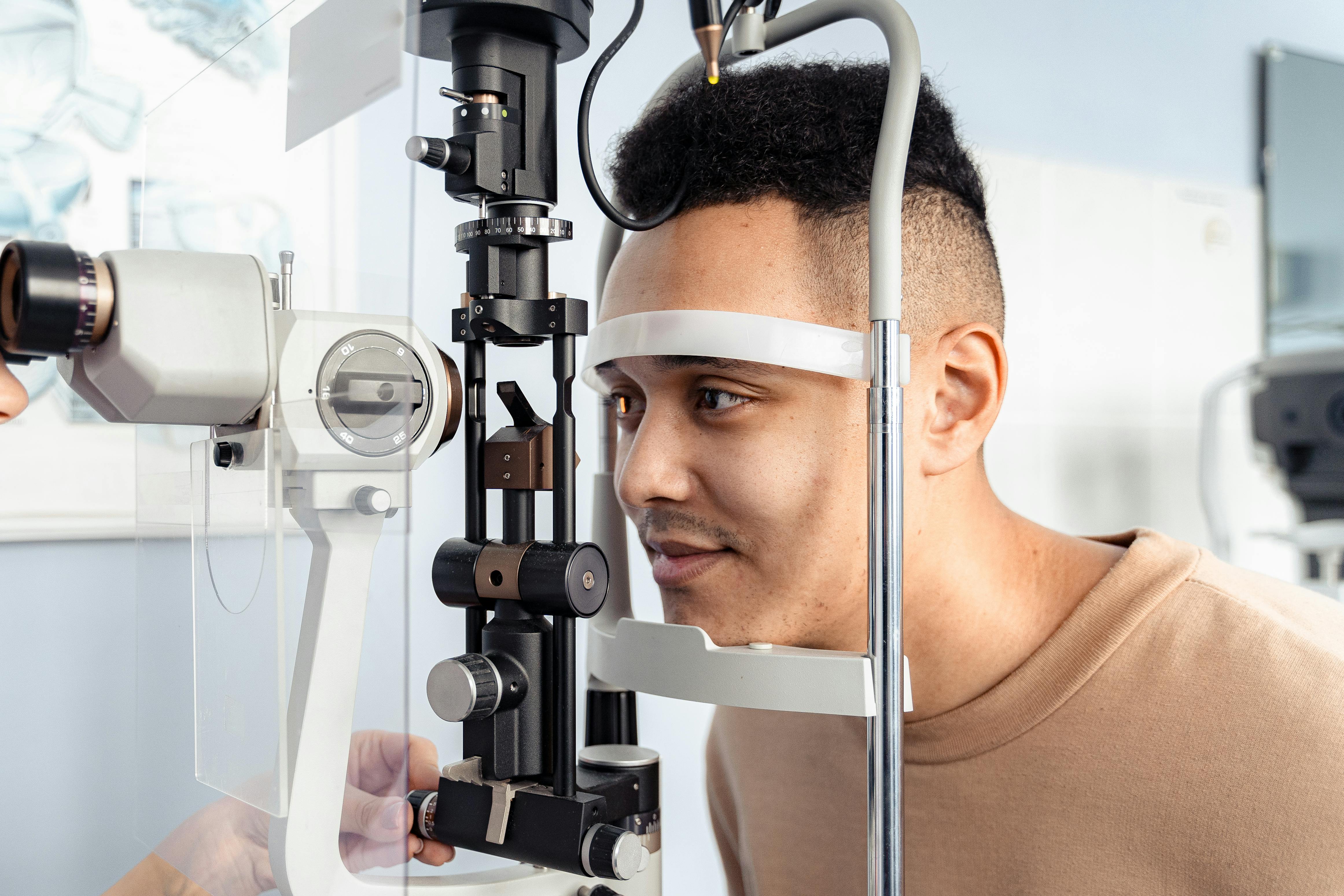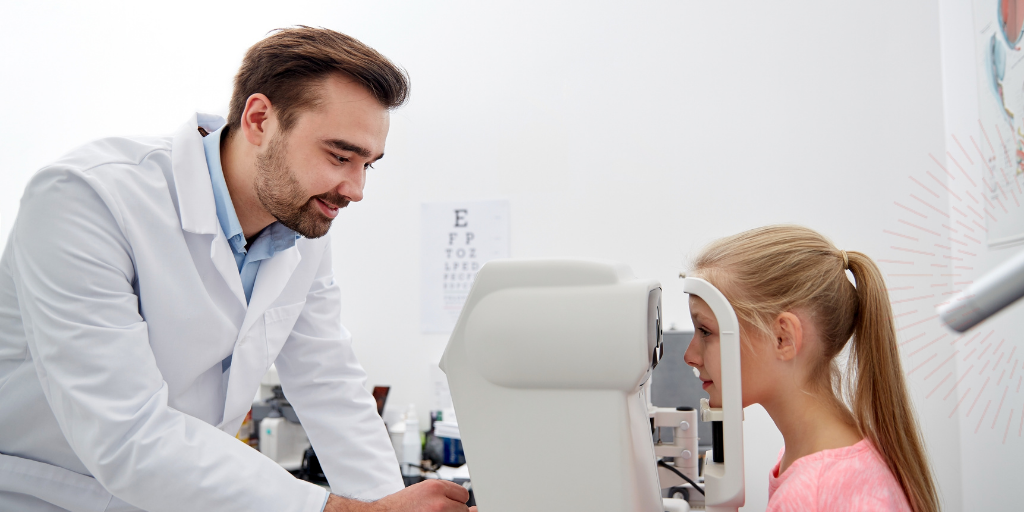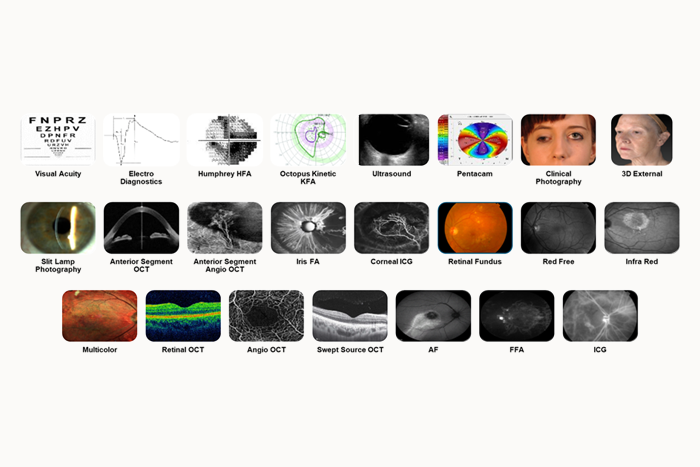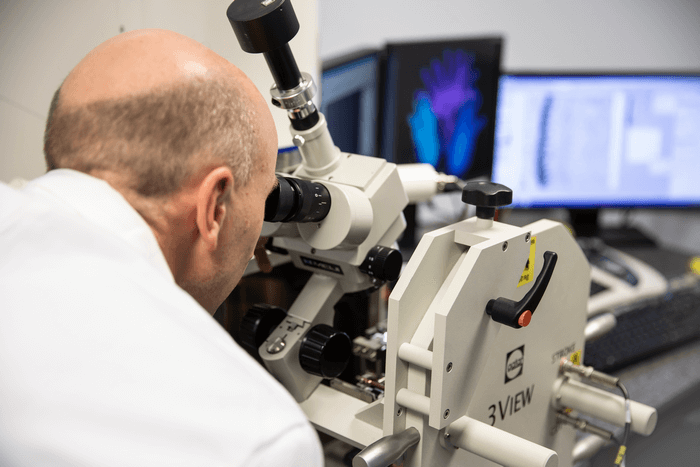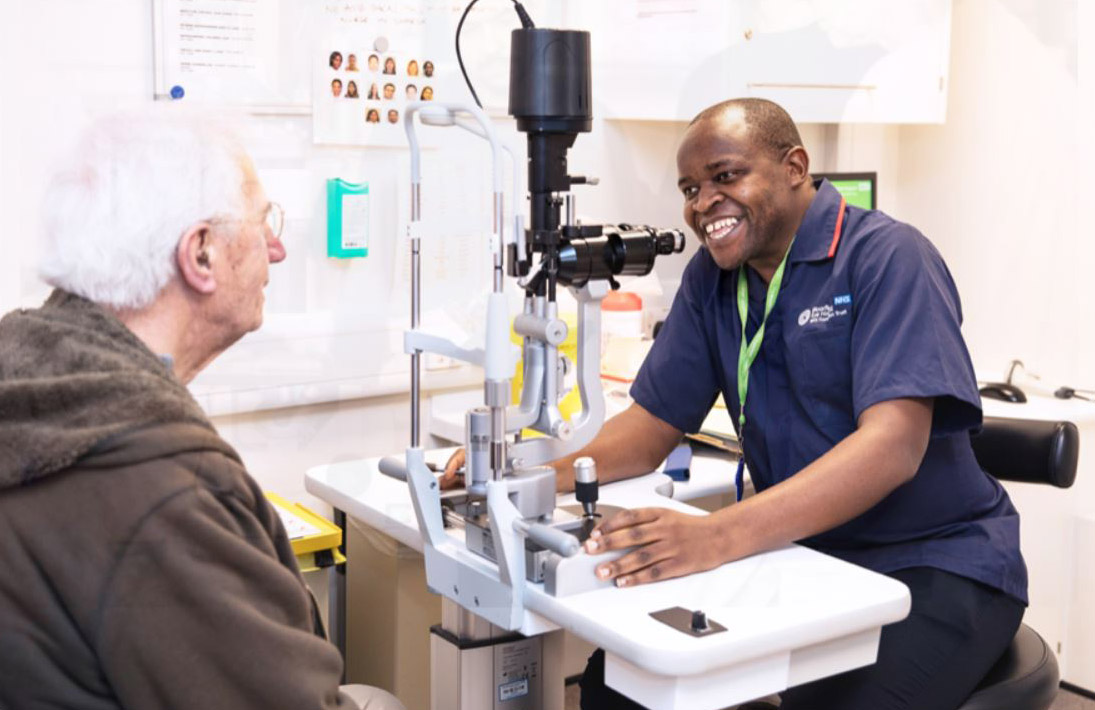
Courses for nurses and allied health professionals
We offer a wide range of short courses for nurses and allied health professionals, many virtual and self-paced to fit around your working commitments.
We continue to enable non-medical staff to learn new skills and take on responsibilities previously within the remit only of doctors. This ensures that everyone’s professional expertise is used to the best effect and provides improvements to patient care. For example, some nurses at Moorfields are now qualified to administer intravitreal injections to patients with wet age-related macular degeneration – a service previously provided only by medical staff – while others are trained to provide laser treatment for posterior capsular opacification, a common side-effect of cataract surgery.

This learning experience was a breath of fresh air; expanded my knowledge and career potential.

Our courses
Hot topics in comprehensive ophthalmology
 Start Date: Friday 6 March 2026
Start Date: Friday 6 March 2026 £295.00
£295.00
 40 spaces available
40 spaces available
Moorfields International refractive symposium
 Start Date: Saturday 18 April 2026
Start Date: Saturday 18 April 2026 £200.00
£200.00
Medical Retina: Design thinking and service delivery of intravitreal injection service
This unique course is especially designed for managers and clinical leaders in medical retina services. The course draws on the strength of multidisciplinary teams delivering patient care in macular intravitreal injection services.
 £0.00
£0.00
Children's eyes: An introduction
This self-paced online course aims to introduce the learner basic concepts of paediatric ophthalmology, in order to give them confidence when approaching children.
 £450.00
£450.00
Enhanced ophthalmic imaging techniques (OVS4)
This virtual self-paced coursewill provide OVS associates, senior opthalmic technicians and OVS practitioners with in-depth knowledge of advanced imaging techniques and pathology patterns in ophthalmology.
 £600.00
£600.00
An introduction to data science for clinicians
This self-paced online course introduces clinicians to data science and provides them with an overview of data science in a clinical context, along with basic skills to handle data. The course gives a broad insight into data science and its application on real data, including artificial intelligence.
 £350.00
£350.00
Ophthalmic technicians introduction course (OVS3)
This virtual self-paced course has been specifically designed to take individuals with no experience in ophthalmology or ophthalmic clinical practice to enable them to reach a level that they can productively join a non-medical professional ophthalmic team.
 £250.00
£250.00
Paediatric glaucoma – all you need to know
 £395.00
£395.00



